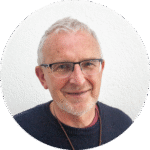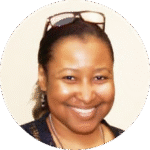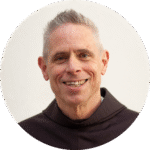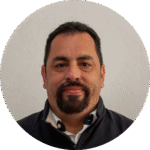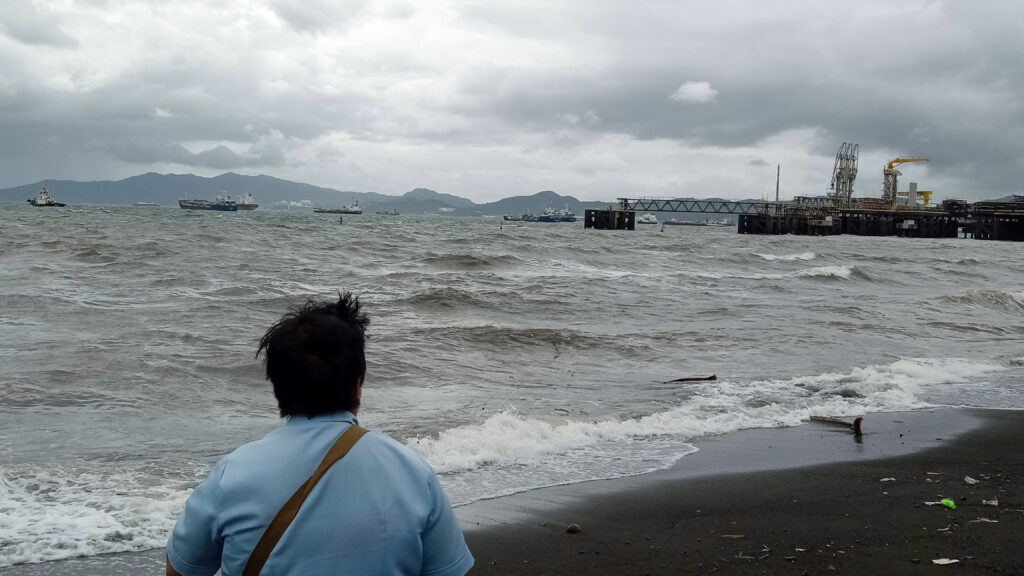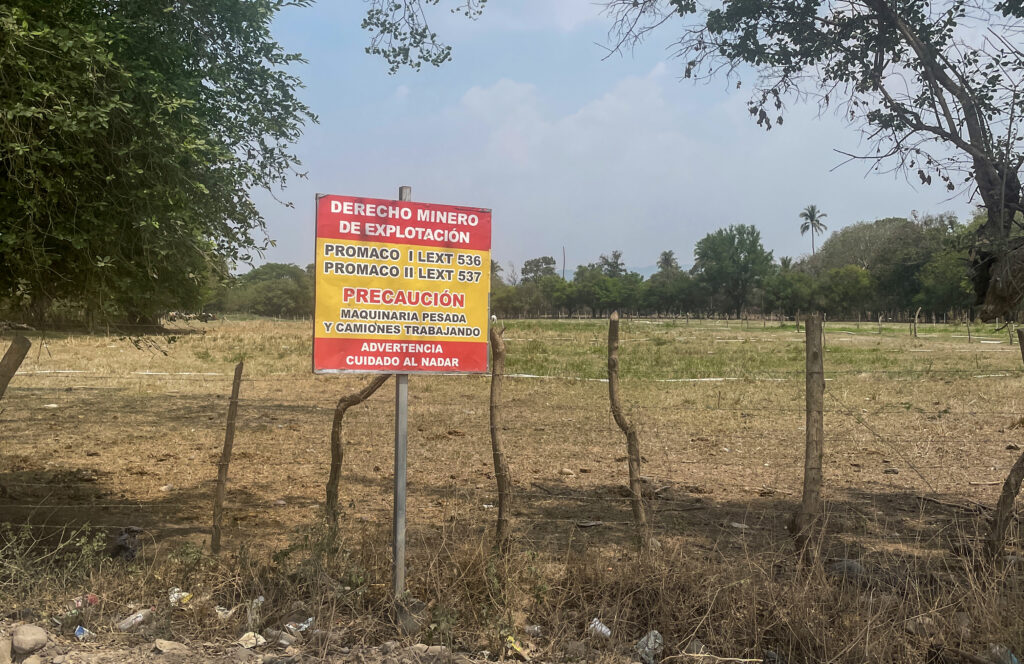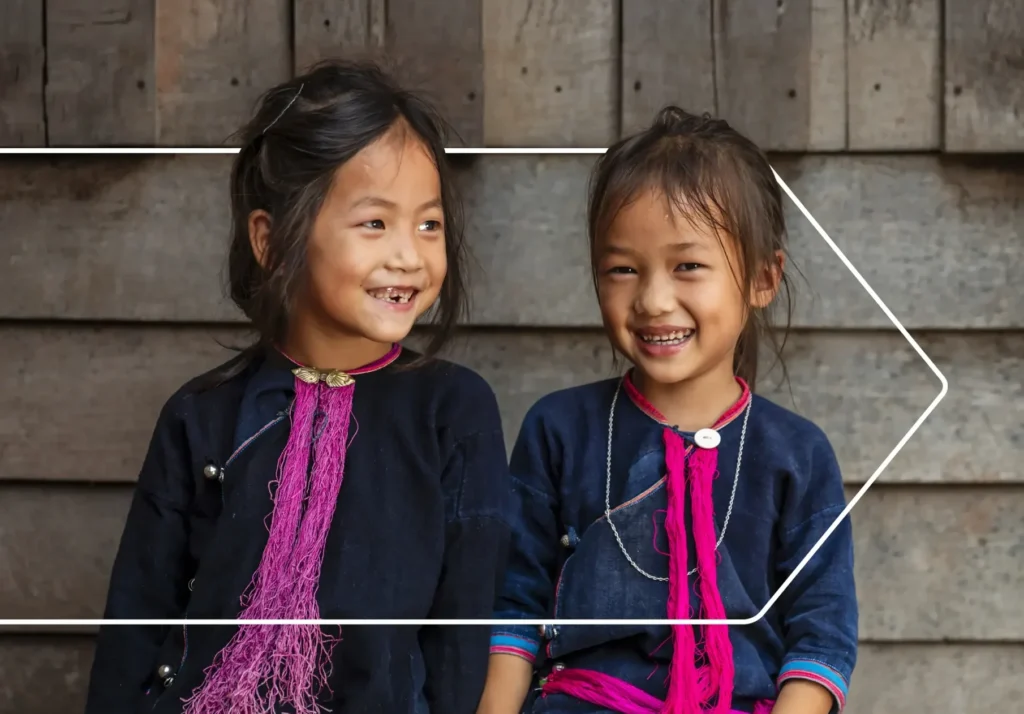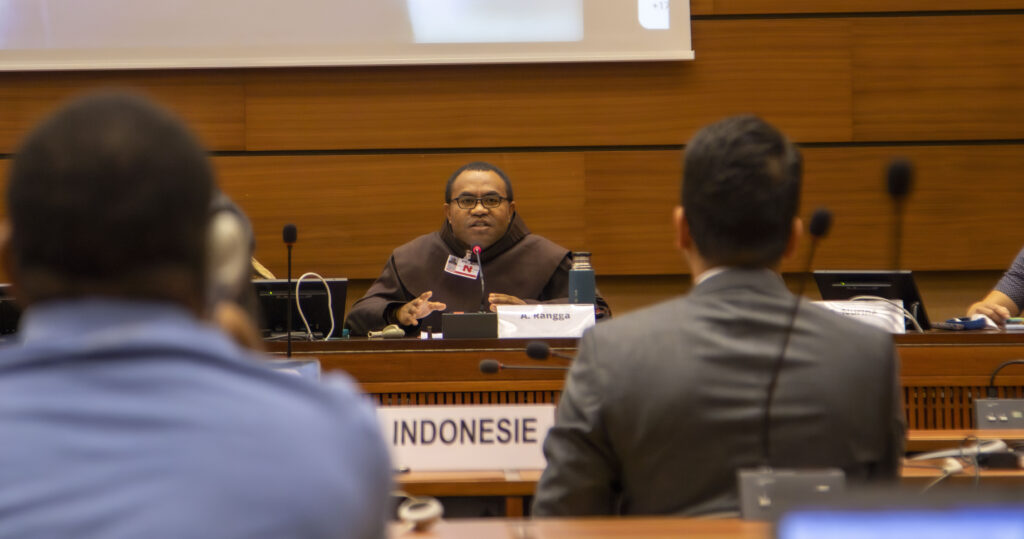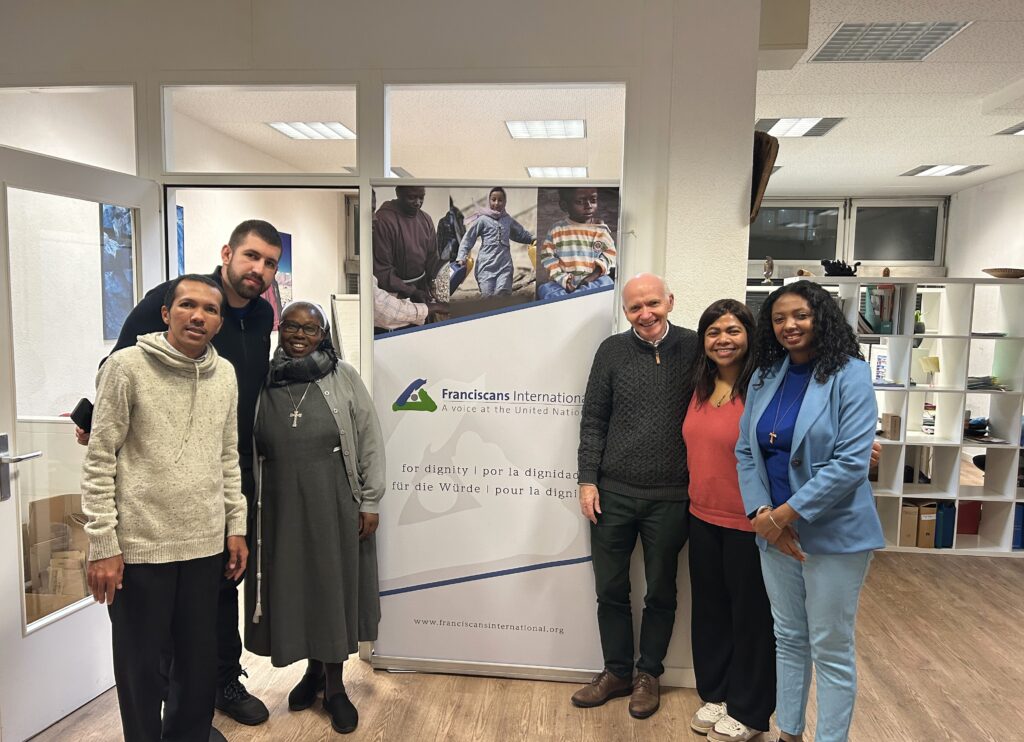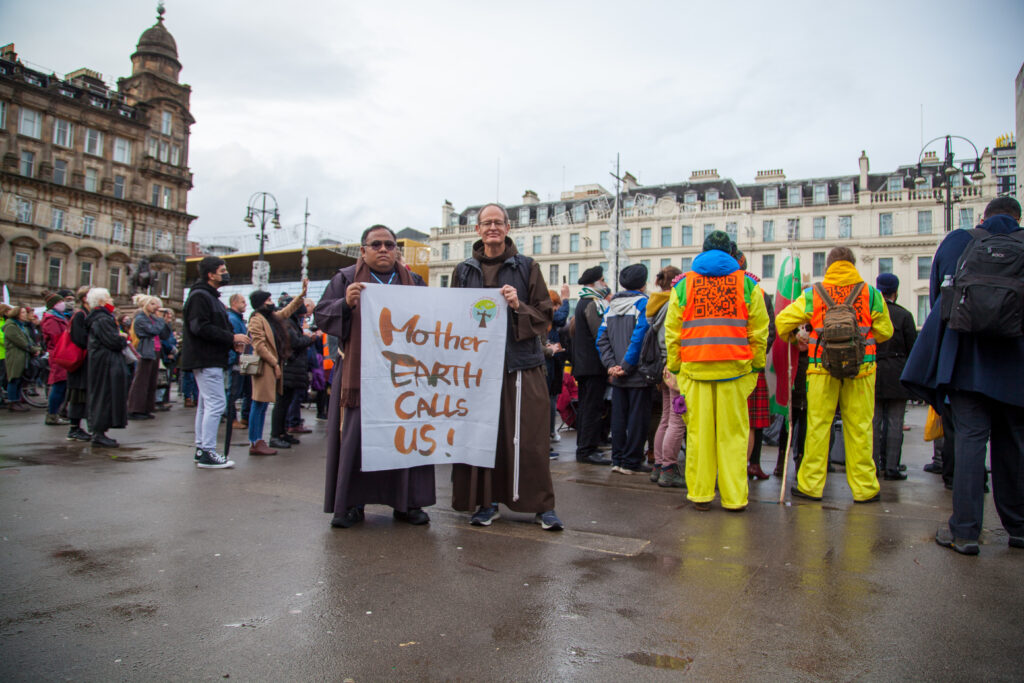In Guatemala, Indigenous Peoples – who make up nearly half the population – continue to face systemic racial discrimination and profound inequalities. They experience limited access to healthcare, education, and political representation, while their ancestral lands are threatened by extractive industries and large-scale agribusiness.
This year, Guatemala will be reviewed by the UN Committee on the Elimination of Racial Discrimination (CERD). Recognizing this as a critical moment to amplify Indigenous voices and push for State accountability, Franciscans International travelled to the country to lead a workshop on engaging with the CERD process.
Capacity-Building for Indigenous Leaders
For three consecutive days, representatives from Maya organizations and other civil society groups gathered in a small hotel in Guatemala City. They shared their knowledge and experiences while learning about how they can advance their cause through the UN system. “In Guatemala, there is racial discrimination for being poor, for being Indigenous, and for being a woman”, remarked one of the attendees.
As part of the training, participants selected thematic areas to focus on for a joint alternative report that will be submitted to the CERD. Among them, land rights, environmental protection, and the defense of natural resources were identified as key concerns.



“We need to consider Mother Earth as a subject for human rights”, said a representative of CODECA, an Indigenous and peasant-led organization. “If we do not defend our Mother Earth, then we are destroying our own common home”.
The workshop also welcomed representatives of the Office of the UN High Commissioner for Human Rights (OHCHR), who provided valuable insights and best practices. The next step will be finalizing the alternative report, which will be presented to the CERD later this year.
Fact-Finding Mission in El Estor
Before leaving Guatemala, our team traveled to El Estor, a town nestled on the shores of Lake Izabal, the country’s largest lake. Known for its lush landscapes and mineral-rich soil, the region has been at the center of land disputes for decades.
At the heart of the conflict is the mining industry. For years, transnational companies have extracted resources from these lands, often at the expense of local communities.



The industry has been linked to environmental degradation, forced displacement, and violent repression of Indigenous resistance.
Land rights are a particular area of concern for local communities. In total, nearly 385 square kilometers have been granted as a mining concession around El Estor and divided up into several “lotes” (plots of land).
We met with the inhabitants living on Lote 9, who for decades have fought to secure legal ownership of their land. Despite fulfilling all required payments, their land title was never issued. As a result, they have suffered forced displacement, harassment, as well as the contamination of their food and water sources.



“Look at the children here. Where else can they go?” one resident asked.
After years of legal battles, the Inter-American Court of Human Rights ruled in December 2023 that Guatemala had violated the community’s rights and ordered the government to grant them their land title within six months, but as of today, the community is still waiting.
Why it Matters
The situation in Guatemala underscores a broader global pattern: Indigenous communities defending their lands against powerful economic interests, often at great personal risk. To protect their rights, Indigenous land defenders are exposing themselves to intimidation and criminalization – particularly in Guatemala, where the legal system has been co-opted by special interests.
Our country mission aimed to support these communities by ensuring that their voices reach the international stage, particularly through the upcoming CERD review. Furthermore, FI will continue pushing for a legally binding instrument that regulates transnational companies, so that Indigenous rights and environmental justice are not sacrificed in the name of profit.




